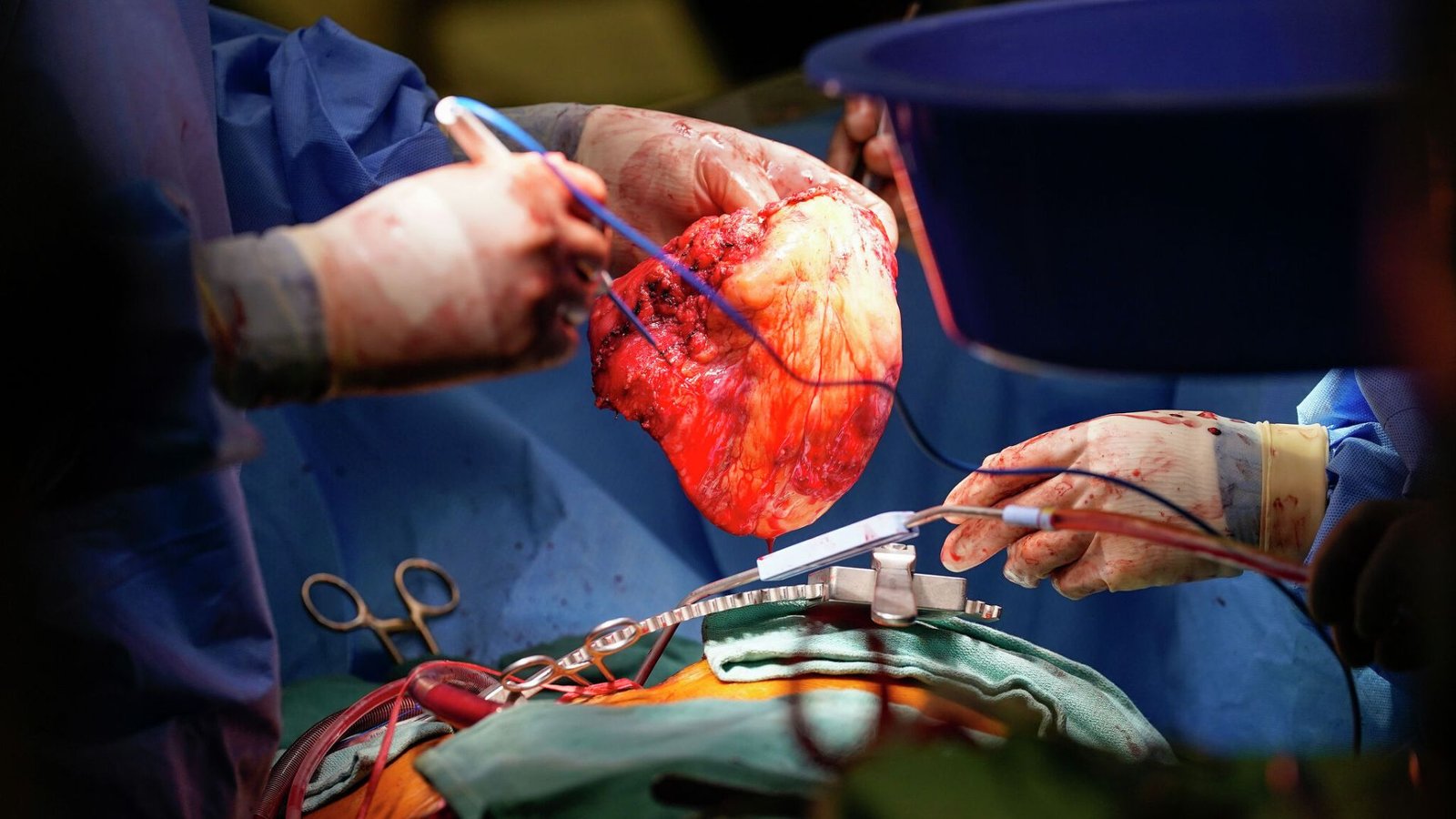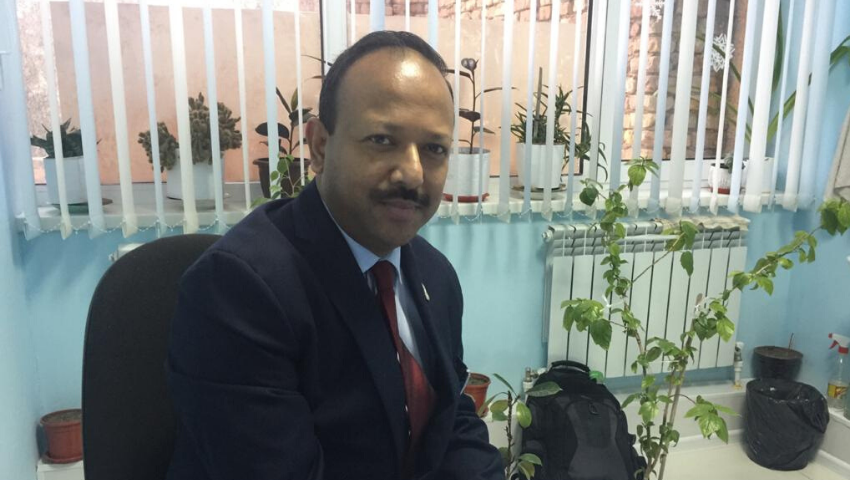
First Successful Heart Transplant in India by Dr. Panangipalli
Dr. Panangipalli Venugopal is the first Indian cardiac surgeon to perform a successful first heart transplant in India in 1994. He performed this miracle on August 3, 1994, at the All India Institute of Medical Sciences (AIIMS), New Delhi. Dr. Panangipalli was born in Andhra Pradesh, on 6 July 1942. So on his birthday, we will see how and when this miracle is done in this world.

What is a Heart Transplant
A heart transplant is a surgical procedure in which the heart of a deceased organ donor is placed into the chest of a patient with end-stage heart disease. This operation can be performed in adults, children, or infants. Heart transplants are used to treat people who have end-stage heart failure (a condition in which the heart cannot pump blood effectively), severe coronary artery disease (where there are blockages of the arteries that supply blood to the heart), and certain congenital heart defects (birth defects).
The procedure is highly specialized and requires extensive training on both sides—surgeons who perform these operations need to be skilled in cardiac surgery as well as transplantation surgery, while potential recipients need to be carefully screened for suitability.
Why Heart Transplant is Important?
Heart transplant is a life-saving medical procedure that can be critical for individuals who suffer from end-stage heart failure or other serious heart conditions that cannot be treated with other methods. Here are some of the important reasons why heart transplant is important:
- Improved Quality of Life: Heart transplant can significantly improve the quality of life for individuals with end-stage heart failure. With a new heart, patients can return to many of the activities they enjoyed before their condition worsened, such as exercising, working, and spending time with family and friends.
- Increased Life Expectancy: Heart transplant has been shown to significantly increase the life expectancy of individuals with end-stage heart failure. According to the American Heart Association, the five-year survival rate for heart transplant recipients is around 75%.
- Alternative to Other Treatments: For some individuals with heart failure, heart transplant may be the only viable treatment option. Other treatments, such as medication, lifestyle changes, or implantable devices like pacemakers or defibrillators, may not be enough to treat the severity of their condition.
- Advancements in Medical Technology: Advancements in medical technology and surgical techniques have made heart transplant a safer and more effective treatment option over the years. For example, improvements in immunosuppressant medications have helped reduce the risk of rejection of the transplanted heart.
- Importance of Organ Donation: Heart transplant is only possible because of the generosity of organ donors and their families. By becoming an organ donor, individuals can help save the lives of others who are in need of life-saving transplants.
In summary, heart transplant is a critically important medical procedure that can improve the quality of life and increase the life expectancy of individuals with end-stage heart failure or other serious heart conditions. With continued advancements in medical technology and increased awareness about the importance of organ donation, heart transplant will remain an important treatment option for those in need.
First Heart Transplant In India
The first successful human heart transplant in India was performed on December 3, 1967, by Dr. Christiaan Barnard in Cape Town, South Africa. At that time, however, the procedure was still experimental. The patient was a 54-year-old woman who had been suffering from endocarditis. The donor was her brother, who died in a car crash.
The first successful pediatric heart transplant was performed in 1984 by Dr. Bruce Reitz at Stanford University Medical Center; he implanted a left ventricular assist device (LVAD) into a child whose heart had been injured by rheumatic fever.
On August 3, 1994, when Doctors get a donor -a woman in her mid-30s who is declared brain dead, whose relatives are willing to donate her heart – they have a recipient ready in AIIMS, New Delhi. “The donor’s relatives were aware of organ donation, so they were ready. the recipient was a, 45- year-old man Devi Ram,
Devi Ram lived until he died of an unrelated brain hemorrhage after 17 years.
A Beautiful Story
In the year 1995, the heart of a Hindu woman was transplanted and put in the chest of a Muslim woman and a Christian doctor was supposed to carry out this work.
33-year-old Hemalatha Soundararajan was crossing a road near Pallavaram. When a car coming from the front hits them. Hemalatha is brought to the hospital. Where doctors declare her brain dead. Hemalatha’s husband used to work in the railways. He agrees to give Hemlata’s organs to any needy. This matter is conveyed to Dr. Cherian. Hemalatha’s heart could stop working at any time, so Cherian contacts hospitals in Cochin, Trivandrum, and Hyderabad to find a suitable receiver. Eventually, he gets a call from General Hospital, Chennai.
Mamoon Biwi, 38, was a heart patient and needed a heart transplant at the earliest. But Maimoon Biwi, who sold handkerchiefs on the railway platform, did not have much money, nor did she have any access. She was admitted to the hospital only because she could get three meals a day.
Doctor Cherian took all the responsibility for his operation on himself. After this, at 9 o’clock in the evening, the doctor starts the Cherian operation. The night-time was kept because Cherian did not want the matter to come to the notice of the media. Hemalatha was a Brahmin, while Maimoon Biwi was a Muslim, there could have been an uproar over this too. That’s why Doctor Cherian carried out this operation in the night itself and his team took 5 hours in this process. The operation was completed at 2 pm.
This was the first Heart transplant in India surgery performed for the first time in India in a private hospital.




